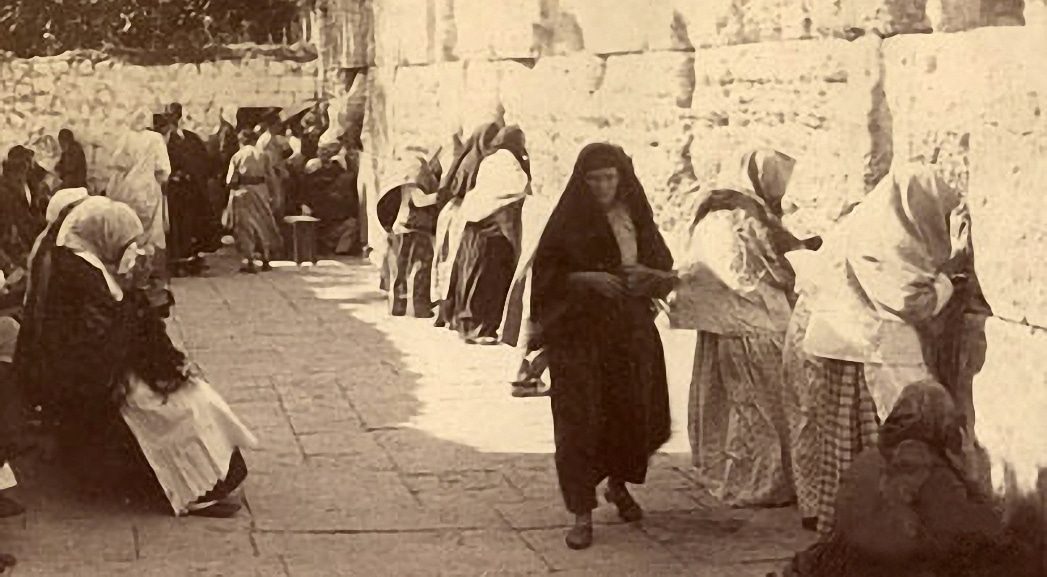
Introduction
In Palestine, too, the effects of the reforms were palpable. There arose a new class of land owners who often lived in the city, and a large group of landless farmers who now worked as labourers on leased plots of land. The merchants in the cities gained influence as they profited from the heightened economic activities, as did the new administrators who were employed alongside the old secular and religious officials.
It was this new elite which soon raised the alarm with the Ottoman Turkish rulers about the activities of Zionist Jews – adherents of political Zionism – who were striving for the establishment of a Jewish state in Palestine. Since the 1880s, groups of Zionists had been settling in Palestine and buying up plots of land. The Palestinians regarded the Jewish settlers as dangerous imposters, and above all, as representatives of the West, which was attempting to gain a hold over the Ottoman Turkish Empire.
In addition, the new elite’s activities were aimed at obtaining a bigger say in the administration of the Arab provinces, and at decentralization of the Empire, though not independence. They also pressed for recognition of Arabic as the official language in the provinces. An articulated Palestinian nationalism was still almost wholly absent in this period. For the present, Bilad al-Sham formed the politico-geographical frame of reference for the inhabitants of Palestine.
Young Turks
At the beginning of the 20th century, the activities the new elite gained a new, strong impetus when the so-called Young Turks (army officers) took power in Istanbul in 1908. In their view, greater reforms needed to be implemented in reaction to the decline of the Empire. Strong Turkish nationalism was substituted for Islam as a binding factor – including the imposition of the Turkish language on all subjects in the Empire. The rise of Arab nationalism was naturally regarded as a threat and thus brutally suppressed (by means of prison sentences, expulsion, and execution).

